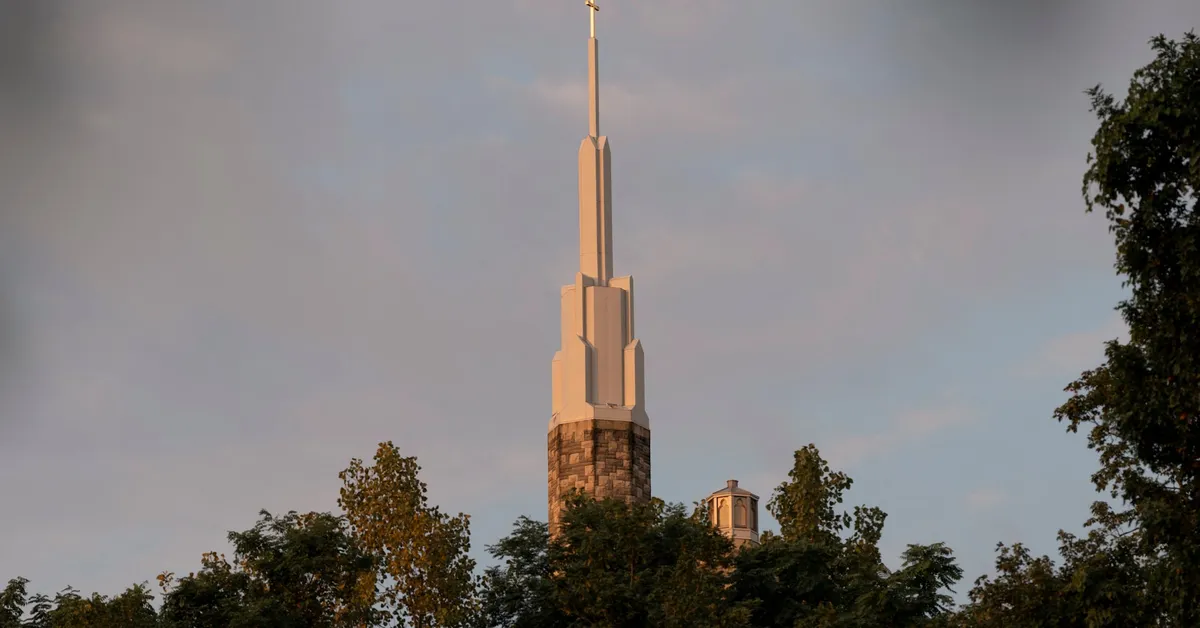
On April 11, 2023, a federal judge ruled against a coalition of 27 religious organizations seeking to restrict the Trump administration's immigration enforcement activities in places of worship. This decision comes after the groups filed a lawsuit challenging the administration's recent policy change, which abandoned a longstanding guideline against enforcement in sensitive locations.
The lawsuit was initiated in February by a diverse collection of religious organizations, including prominent Christian and Jewish umbrella groups such as the Mennonite Church USA, the Central Conference of American Rabbis, and the Convencion Bautista Hispana de Texas. These organizations, along with various individual churches, argued that the Department of Homeland Security (DHS) and other immigration enforcement agencies were violating their rights to religious freedom as protected under federal law and the First Amendment of the U.S. Constitution.
Kelsi Corkran, a lawyer representing the plaintiffs, expressed concerns about the ruling, stating, "We are currently reviewing the decision and assessing our options. We remain gravely concerned about the impacts of this policy and are committed to protecting foundational rights enshrined in the First Amendment and the Religious Freedom Restoration Act." The White House and DHS did not respond to inquiries regarding the ruling.
Under former President Trump, the administration pledged to deport millions of undocumented individuals residing in the U.S. The recent policy change indicates that individuals can no longer seek refuge in churches to evade arrest. Historically, U.S. immigration officials have maintained a policy, since 1993, of avoiding enforcement in sensitive locations like places of worship and schools. In 2021, President Joe Biden's administration expanded this policy to include additional sensitive sites such as playgrounds and social service centers, although exceptions for exigent circumstances have always been in place.
Upon taking office on January 20, 2017, Trump’s DHS rescinded prior guidance concerning sensitive locations, removing clear rules governing immigration enforcement. Following this policy shift, the lawsuit alleges that at least three immigration enforcement actions have occurred at churches, including one of the plaintiffs, and that other religious institutions have experienced surveillance. The religious organizations involved in the lawsuit sought a preliminary order to prohibit DHS and related agencies from conducting enforcement activities at their places of worship or during religious ceremonies without a judicial warrant or in cases of exigent circumstances.
Judge Friedrich, in denying the plaintiffs' request, concluded that there was insufficient evidence to suggest that places of worship were being specifically targeted, indicating that the plaintiffs failed to demonstrate a credible threat. In a related development, five Quaker groups filed a separate lawsuit against the administration in a Maryland federal court in January, later joined by a Sikh temple and a Baptist organization. In February, a judge in that case granted a preliminary order limiting enforcement at their respective places of worship.
This ruling underscores the ongoing legal battles surrounding immigration enforcement policies and their implications for religious institutions in the United States.